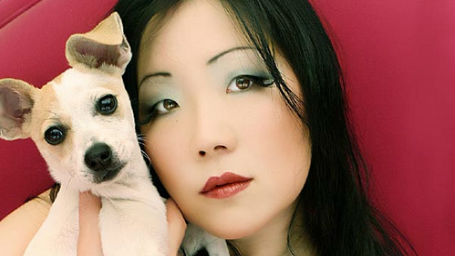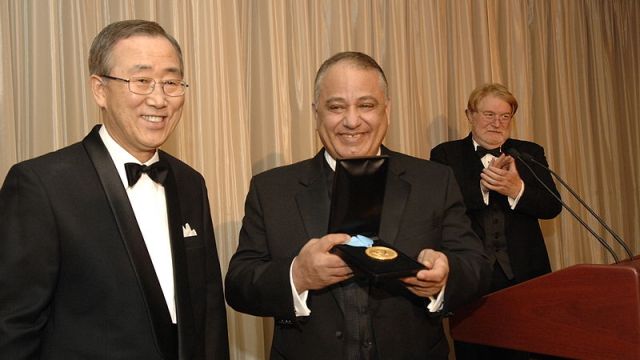The Cho Show: She’s The One That She Wants

What’s the Big Idea?
Who is Margaret Cho? Beautiful, notorious, and the one that Cyndi Lauper wants. But before she was selling out 15-city tours and dancing with the stars, Cho suffered from an identity crisis.
“I was in the very first Asian-American family television show ever in 1994, All-American Girl,” she says. The show was met with protests and picketing for what some perceived as stereotypical portrayals of Asian-Americans, and lasted exactly one season on ABC. “For first time I was going to be a representative [for the Korean community]. I’m so outspoken, I’m a woman, I’m not thin, I’m not straight. I’m not all these things that Koreans would like to be… I was really ostracized because of that.”
Even more painful than the angry critical reception was the self-abuse that followed. After hearing from network executives that she was “too fat” to play herself, she stopped eating and landed in the hospital for a week. (Ironically, All-American Girl was replaced in ABC’s line-up by The Drew Carrey Show.) “I was devastated. I thought that was my only shot at show business.”
In a recent interview with Big Think, Cho reflected on how she picked herself back up from the brink of exhaustion. The most surprising thing about the experience: it wasn’t tragic. There were many reasons why the show was cancelled, she says, the most important being that “it wasn’t what I was supposed to do.” Her true calling was stand-up comedy. “That’s just something I had known as a child.”
After All-American Girl, she returned to standup with a renewed sense of courage and the determination to take control over her own creative output. Grappling with her feelings of failure lead to inspired material like the “The Persimmon Diet,” a typically subtle and self-effacing take-down of the extravagant lengths we go to to be beautiful — and what happens when Photoshop-inspired delusions conflict with the physical realities of the human body.
She also took over the distribution and sales of all of her future projects, attaining more success than she would have on television. Two of her films were acquired by Showtime, with Cho at the helm as producer. “You know, it’s an interesting thing. If you’re a standup comic, you are there eternally. Standup comics are evergreens. But television stars are another matter.”
Rapidly changing tastes and trends mean they “come and go with the whim of networks, with the whim of times. There’s a kind of lifelessness after time where people just don’t want to see you anymore. The idea of fame in that way is so transient and fickle and gone, really in an instant, no matter how successful you are.” And yet, “standup comics are able to just continue doing what we’re doing. What I learned is that a step back can actually be truly a step forward.”
What’s the Significance?
In her own words:
Success in any field requires a measure of understanding that things change, things grow and things die. And that you have to let them go. And that the ideas that you have about your career may not necessarily be the ones that are the best for you or the ones that are supposed to happen or the ones that are truly what you want.
What would she be doing if she hadn’t lost the job? “I would probably just be hosting golf tournaments,” she says.
Watch Cho’s impression of Cyndi Lauper:





